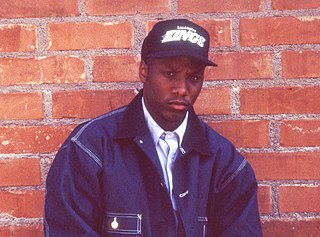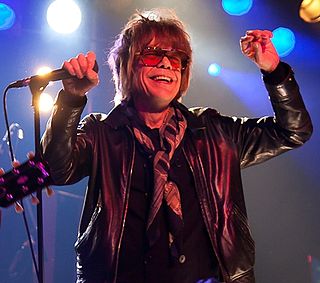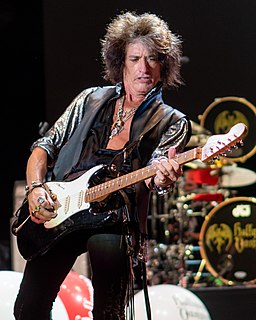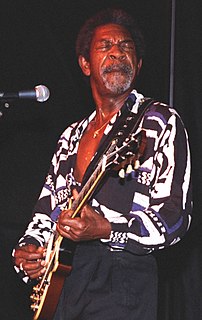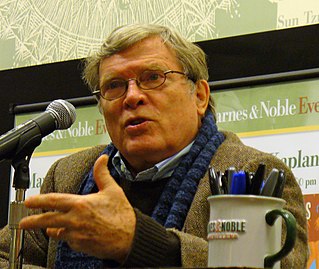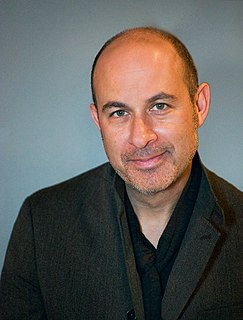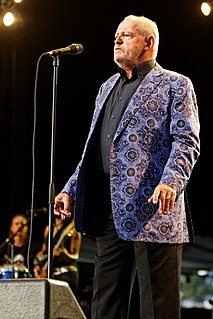A Quote by Angus Young
Blues is a big part of rock and roll. The best rock and roll got its birth in the blues. You hear it in Little Richard and Chuck Berry.
Related Quotes
And a lot of the technique and the little T-Bone phrases that define his style, Chuck Berry, when he rearranged the beat, they became rock 'n roll guitar licks. So in essence, T-Bone was not only the first electric blues guitar player, but he was the first electric rock 'n roll guitar player, really.
No matter what though, there's always rock & roll. There's rock 'n' roll in hip-hop, there's rock & roll in pop music, there's rock 'n' roll in soul, there's rock 'n' roll in country. When you see people dress and their style has an edge to it, that rebellious edge that bubbles up in every genre, that's rock & roll. Everybody still wants to be a rock star.
After my early days of being a passionate young Elvis fan, Chuck Berry, Little Richard, etc. I got interested in Ray Charles and Ella Fitzgerald. Then I got turned on to the blues. I realized how important it was to our music in England at the time. Everyone was into the blues. Then you start looking at the different kinds of blues, and you follow the journey backwards from Chicago to earlier times back down to the Delta to the Memphis Blues.
There's rock n' roll in hip-hop, there's rock n' roll in pop music, there's rock n' roll in soul, there's rock n' roll in country. When you see people dress, and their style has an edge to it, that rebellious edge that bubbles up in every genre, that's rock n' roll. Everybody still wants to be a rock star, you know?

